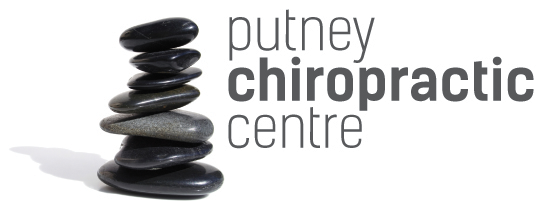
Posture
Causes of bad posture
Good posture is becoming increasingly difficult to achieve due to seemingly uncontrollable factors of our lifestyles.
Stress, sitting for long periods of time, using electronic devices, carrying heavy bags and lack of exercise all contribute to poor posture. Forward head posture is a condition in which a person’s head is held in front instead of above their shoulders.
Forward head posture creates excessive strain on the muscles in your neck and back. It has been estimated that for every inch your head sits in front of your shoulders, the weight of it increases by 10 lbs. To cope with the extra weight, your muscles are in constant contraction. This adds pressure to the base of your skull and can lead to headaches, tingling and numbness in the arms, and a burning pain between the shoulder blades.
The more serious issue with forward head posture is that it restricts the movement of your ribs and therefore your ability to breathe deeply.
Working from home
This now common work scenario is causing many spinal issues as people cram up against a laptop, pretend to be ok with an old monitor balanced on a stack of magazines, and sitting on a chair that was definitely not designed to be sat in for 8+ hours a day. Basically, if you thought working in an office was bad for your spine, working from home is taking it to the next level.
While you’ve no doubt had all the advice about how to find the ideal angle for your head, shoulders, elbows and wrists from a million blog posts, nothing actually beats getting your spine checked by a professional to see if things are moving properly.
Regular chiropractic care can help keep your spine moving well and address those annoying niggles, in spite of all the weird and wonderful postures you’ll inevitably put it through during the course of ‘always being at work’.
Solutions
If posture is a concern for you, we will assess and examine your spine to determine the cause of your poor posture.
Spinal x-rays are often used to assess the spine for structural changes common with poor posture. We can then use gentle adjustments to correctly align your spine and relax the muscles that have been put under such strain.
Lifestyle advice will be discussed as to how best to avoid forward head posture in the future. Poor flexibility is often found with poor posture. Spinal exercises can be recommended to retrain your spine to be stronger, encourage better movement, and be more resilient. It is important to correct forward head posture as soon as you can in order to avoid further strain in other parts of your body.
